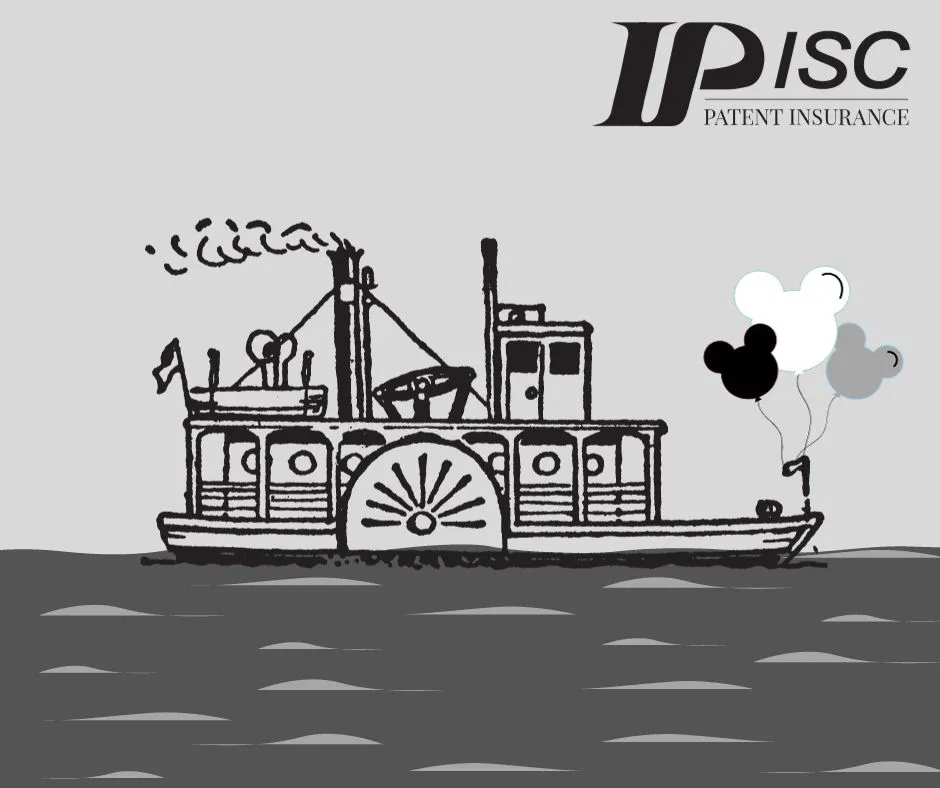Public Domain Day is observed every year to spotlight the expiring copyright materials that are entering the public domain. On this year’s Public Domain Day, January 1, 2024, thousands of works from 1928 and sound recordings from 1923 lost their copyright protection. These works are now a part of the public domain and are available to anyone for use and further innovation. The most prominent of these works is Steamboat Willie, the 1928 Disney short film directed by Walt Disney and Ub Iwerks that introduced the beloved characters Mickey and Minnie Mouse. News outlets have already announced the use of Mickey Mouse from Steamboat Willie in an upcoming horror film. Additional famous works that entered the public domain in 2024 include J.M. Barrie’s play Peter Pan, Virginia Woolf’s book Orlando, and the motion picture The Circus directed by Charlie Chaplin.
Originally, Steamboat Willie was set to enter the public domain in 1984. However, the Copyright Act of 1976 extended its copyright protection until 2004. Then in 1998 the Copyright Term Extension Act, which has been called the “Mickey Mouse Protection Act” by critics as Disney was a prominent supporter of the lobbying efforts, led to Steamboat Willie’s copyright protection being extended until 2024.
The public domain is the realm of material that is unprotected by intellectual property rights and free for anyone to use and further innovation. The public domain incentivizes innovation and creativity by providing the general public access and the right to use, recreate, and innovate based on existing creative works. Judge Kozinski of the Ninth Circuit further explained the purpose of the public domain:
Overprotecting intellectual property is as harmful as under protecting it. Creativity is impossible without a rich public domain. Nothing today, likely nothing since we tamed fire, is genuinely new: Culture, like science and technology, grows by accretion, each new creator building on the works of those who came before. Overprotection stifles the very creative forces it’s supposed to nurture.
Without the public domain much of today’s literary canons and motion pictures would disappear as they draw inspiration or build upon the ideas from works authored by Shakespeare, Victor Hugo, Lewis Carroll, and many other famous authors. For instance, Disney’s popular motion picture Frozen was inspired by Hans Christian Andersen’s The Snow Queen, whereas Disney’s motion picture The Lion King drew inspiration from Shakespeare’s play Hamlet as well as Biblical stories.
While the public domain incentivizes creativity by allowing public use of older creative works, intellectual property rights incentivize creativity and innovation by granting exclusive rights to the author or inventor so these individuals will be able to profit commercially from these works without the threat of commercial copies competing against the copyrighted work or patented invention. As a result of the Mickey Mouse Protection Act, copyright protection is granted for the life of the author plus 75 years or 95 years after corporate authorship. Copyright protection provides the exclusive right to reproduce the work in copies or phonorecords, prepare derivative works based upon the copyrighted work, distribute copies or phonorecords of the work to the public by sale or other transfer of ownership, perform the work publicly, display the work to the public, and perform the work publicly by means of a digital audio transmission if the work is a sound recording. Much like copyright, a patent holder has the exclusive right to commercially, make, use, distribute, import, license, or sale the invention or process described in the patent for 20 years. The commercial protection and control which offer the opportunity for the patent inventors or copyright authors to receive a return on investment of their creative or innovative works creates the incentive for further creativity and innovation in the future. Unlike the other intellectual property rights, trademarks are not granted for a limited period and thus do not move into the public domain. However, this is consistent with the purpose of trademarks which is to negate customer confusion.
IPISC is celebrating this year’s momentous Public Domain Day and the further innovation it will curate. We also encourage artists and creators to be continuously aware of intellectual property liability and potential infringement as they pioneer future works. If you’re interested in learning more about insurance for copyright infringement and how IPISC can assist in mitigating copyright risk visit our website, connect with us at https://ipisc.com/solutions/.


